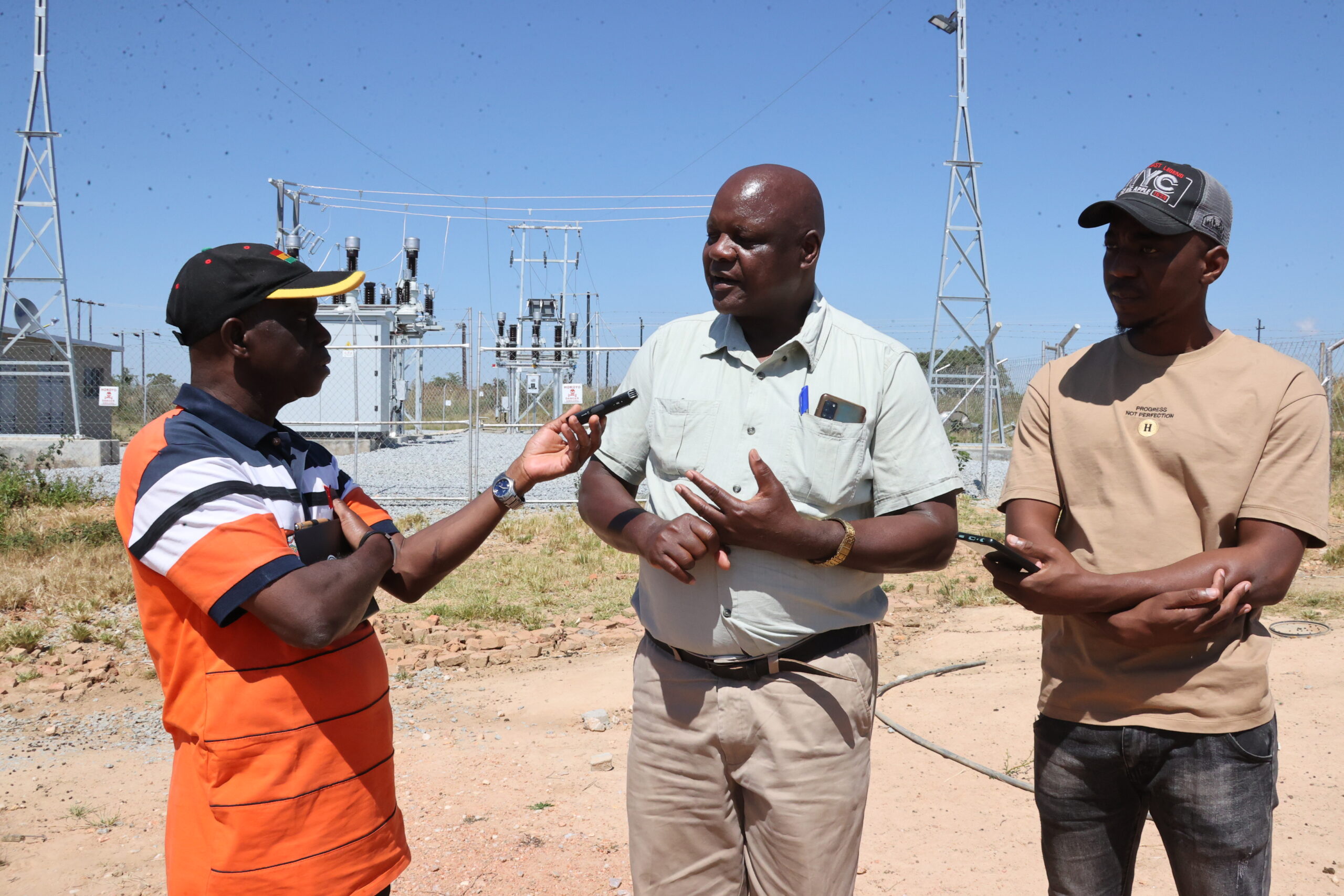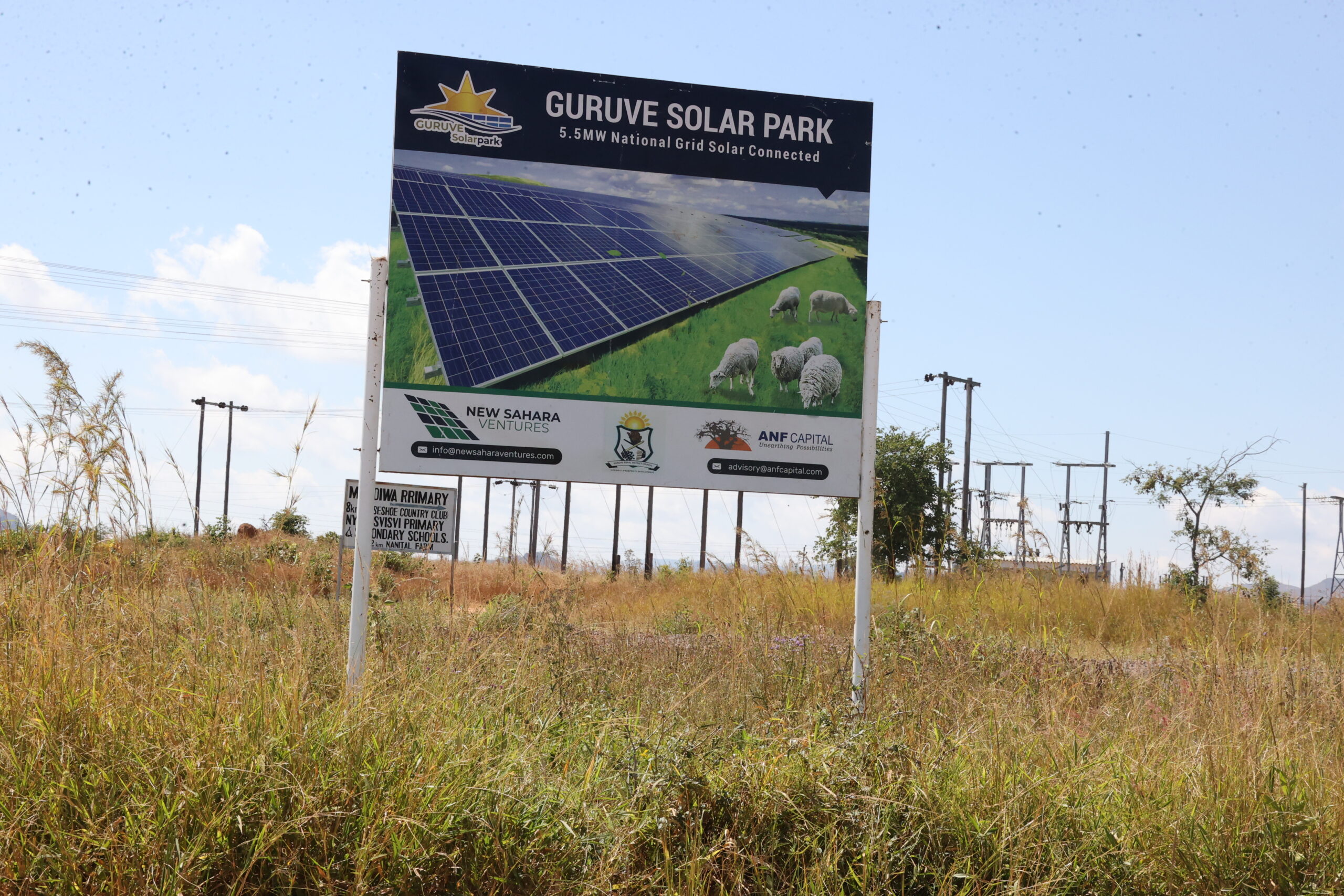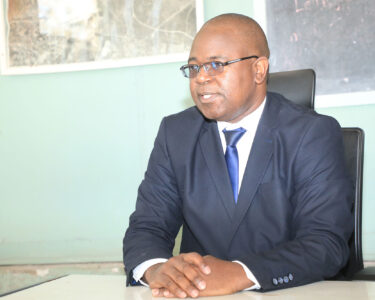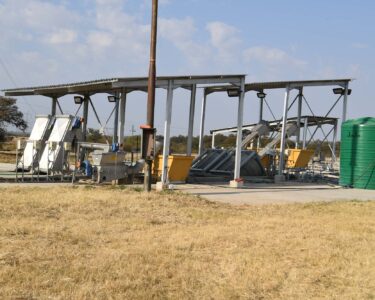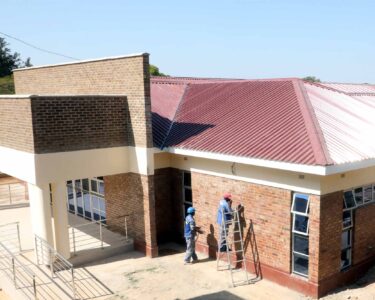Langton Mupeta is the District Development Coordinator for Guruve District. He has nothing but praise for the Second Republic’s devolution agenda which, he says, is having a positive impact on the lives of the people. He spoke exclusively to Brick by Brick.
Q: The Guruve District’s good name goes before it. Why?
A: The Guruve District is quite blessed in the sense that it has got quite a number of projects implemented, due to its location. There is agricultural development and also other income-generating projects like irrigation schemes. We don’t have any problem with hunger. I think in Mashonaland Central Province, the Guruve District is number one in terms of agricultural production.
We have 24 wards in Guruve District. It is a big area and very nice in terms of working conditions. People understand what the government wants, they also initiate other projects which are not being done in other districts because of its climatic conditions.
How has devolution impacted this district?
Devolution is a very good policy. We are given money which is now being channelled towards development projects which are human-related, such as clinics, schools, roads.
Sections 264-274 of the national constitution spell out how the funds should be used under devolution – health issues, infrastructure, education, roads, water and sanitation. These are the projects which we have embarked upon here in the Guruve District.
We have done five clinics, four schools, roads, etc, and they are all having a positive impact on the lives of the people. The projects are scattered around the district to make sure that people understand what devolution has brought about.
What has been the response of the people?
Quite positive, and I am also happy because now I don’t feel shy to go and chat with people in the community. In the past I felt shy because people would tell me, “we don’t have roads or even access roads, we don’t have clean water, our schools are dilapidated”. But now, if I go there, I have something to say about our government, about the Second Republic.
What are some of the challenges you are facing in the district?
You know resources are never enough, and unfortunately if too many cattle drink from one trough, no-one’s thirst will be fully quenched. We need a lot more troughs.
What has been the impact of the New Sahara Ventures’ solar project on Guruve?
Energy is one of the important utilities nationally and internationally. In Guruve, we are quite blessed because of this project. We don’t have electricity shortages any more. In contrast, if you visit Harare today, there are power cuts on a daily basis. In fact, I feel uncomfortable in Harare, I prefer it here.
Today, some of our neighbouring districts are getting energy from the solar plant here. Even Eureka Mine, which employs 600 people, is getting power from here. So we don’t have any problem at the moment.
So generally, this has been a very good project?
Generally, yes. And we say it is wonderful. If our young people who are working abroad could come and assist our country like the three directors of New Sahara Ventures have done, it will go a long way.
One of the three directors was based in South Africa, another in America, and the other in Britain. Different specialisation – one is an electrical engineer, another is a mechanical engineer, and the other is in finance. So they re-grouped (because they were together at the University of Zimbabwe), and came home from their stations abroad to start this project. Right now, they are in Gwanda commissioning another project of the same nature.
Why did they choose Guruve of all places?
One of them, Trymore Sharata, comes from Guruve. That was one reason. The other was space – it was easy to get a place for this project. It cost US$1.5m to set up. Funding came from financial institutions. At the moment, they are generating 1.2 MW a day, and they are planning to go up to 5 MW. If they hit the 5 MW target, they can supply Mazowe, Mbire, and Guruve districts with electricity.
Q: Many people in the diaspora who want to come and start projects of this nature complain that there is too much bureaucracy in terms of getting the paperwork, how long did it take you to process this?
A: We approached the owner of the plot, and thankfully we did not have the bureaucratic bottlenecks that you are talking about. Everything was agreed. The Minister of Lands also agreed to the project, so we didn’t have any problem.
The President is always talking about rural industralisation, and Mr Mupeta says if he goes to Harare now, he feels very uncomfortable because of power cuts there. Rather he is comfortable here in the rural area. Do you think this is the way to go in terms of industrialising rural areas?
Yes, this is the way to go in terms of devolution. If we go into Guruve centre right now, you will see people doing welding and all sorts of energy-related activities. And this is happening day and night. So it means people are able to generate income.
Are these people getting power from the solar plant for free?
They pay to ZESA.
Oh, this goes straight into the national grid?
Yes, into the national grid. But I don’t know their arrangement with ZESA. But we are happy that we have electricity.
Q: What have been some of the challenges you have faced as a district in terms of implementing projects.
A: As you correctly said, some of the projects are hampered by too much bureaucracy. You go to the Ministry of Mines, you go to the Council, you go to traditional leaders. I think we need to revisit such things so that we have a one-stop shop.
In terms of the devolution agenda, it is quite a noble idea, because people are able to choose their own projects with the available resources, because they know what they want. So it is very, very important to appreciate what the Second Republic is doing.
CAPTIONS
Pic 1:
Langton Mupeta, the District Development Coordinator for Guruve District: “Devolution is the way to go … I am happy because now I don’t feel shy to go and chat with people in the community. In the past, I felt shy because people would tell me, ‘we don’t have roads or even access roads, we don’t have clean water, our schools are dilapidated’. But now, if I go there, I have something to say about our government, about the Second Republic”
Pic 2:
“At the moment, they are generating 1.2 MW a day, and they are planning to go up to 5 MW. If they hit the 5 MW target, they can supply Mazowe, Mbire, and Guruve districts with electricity,” says Langton Mupeta



